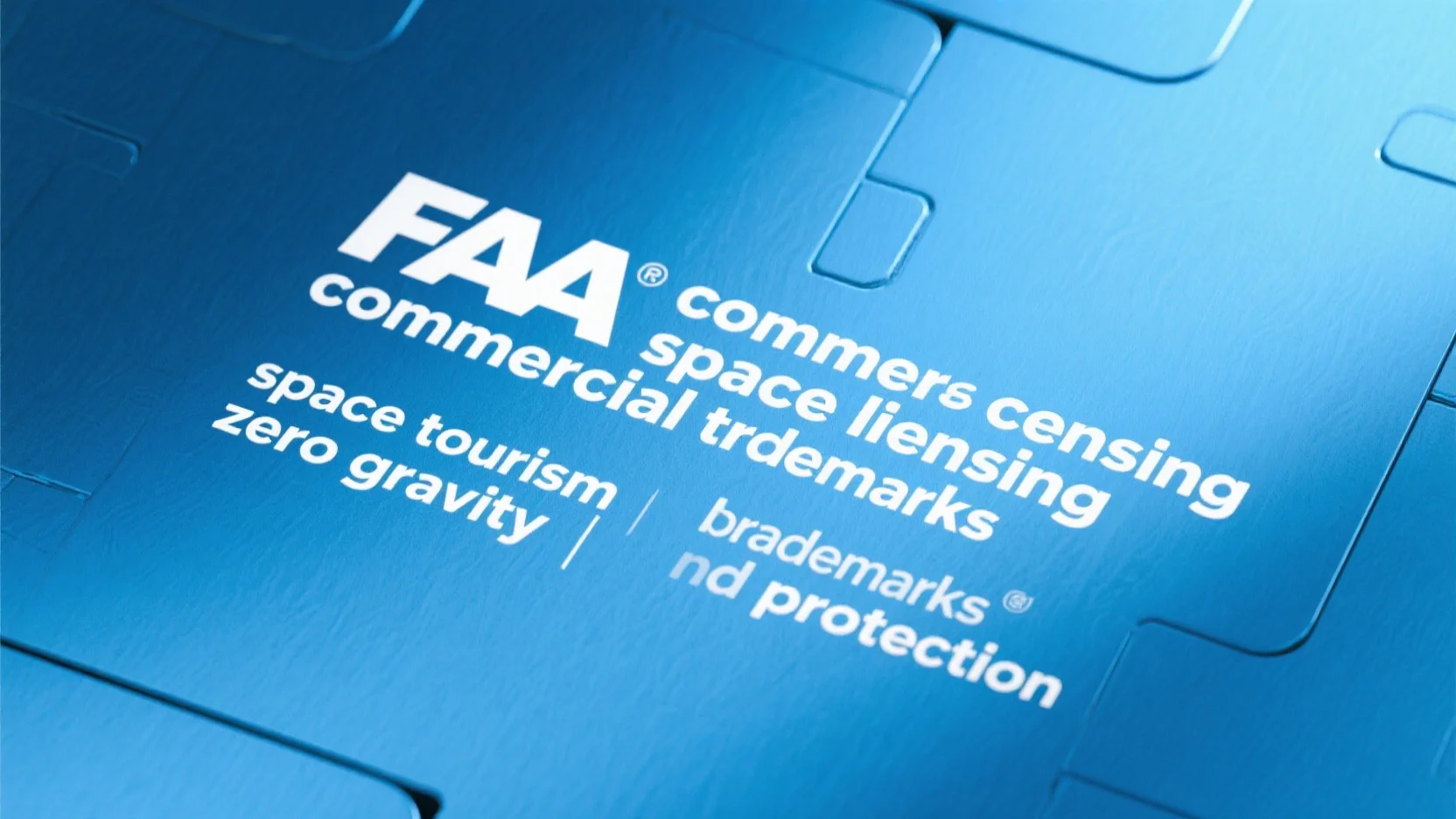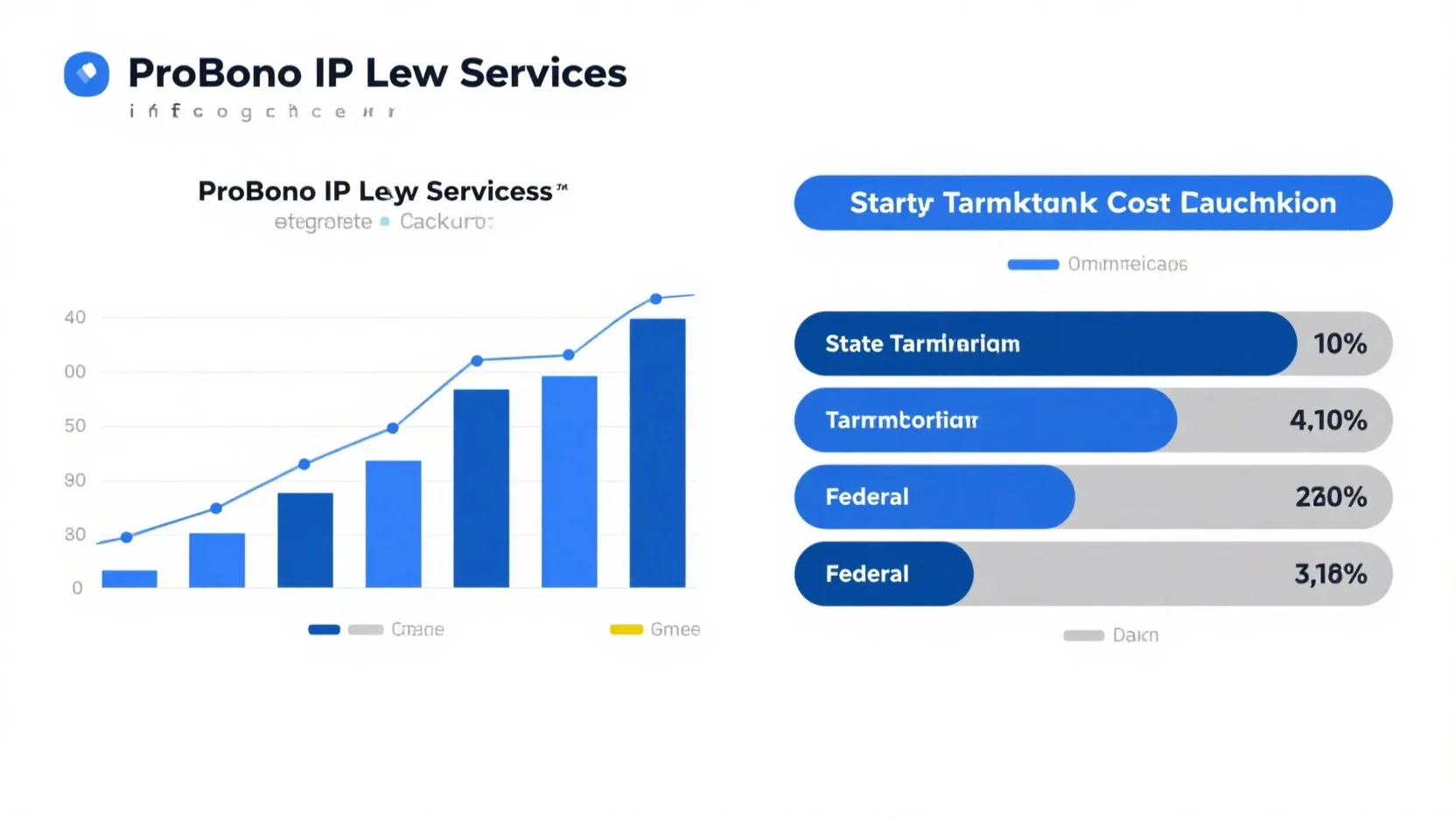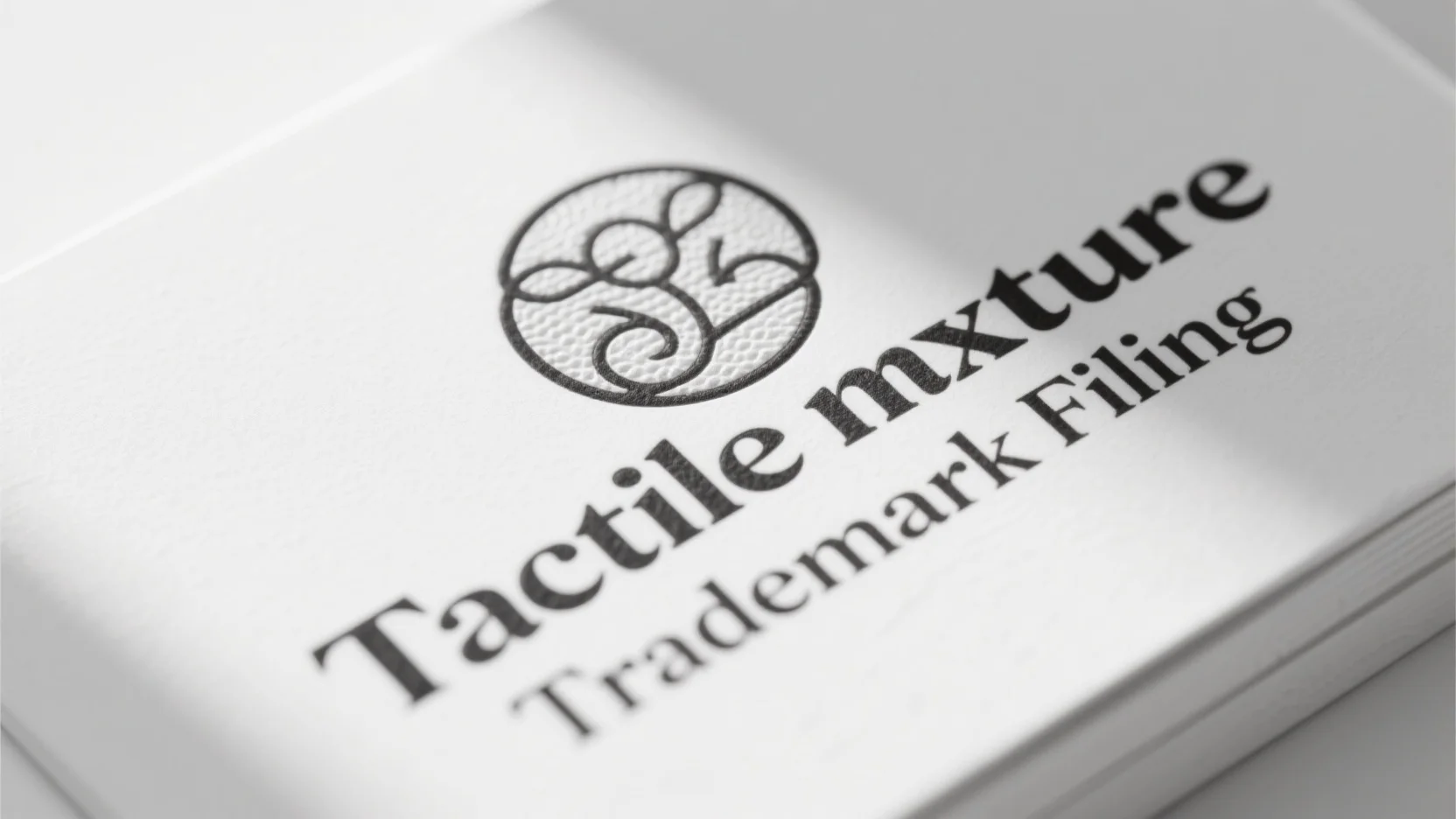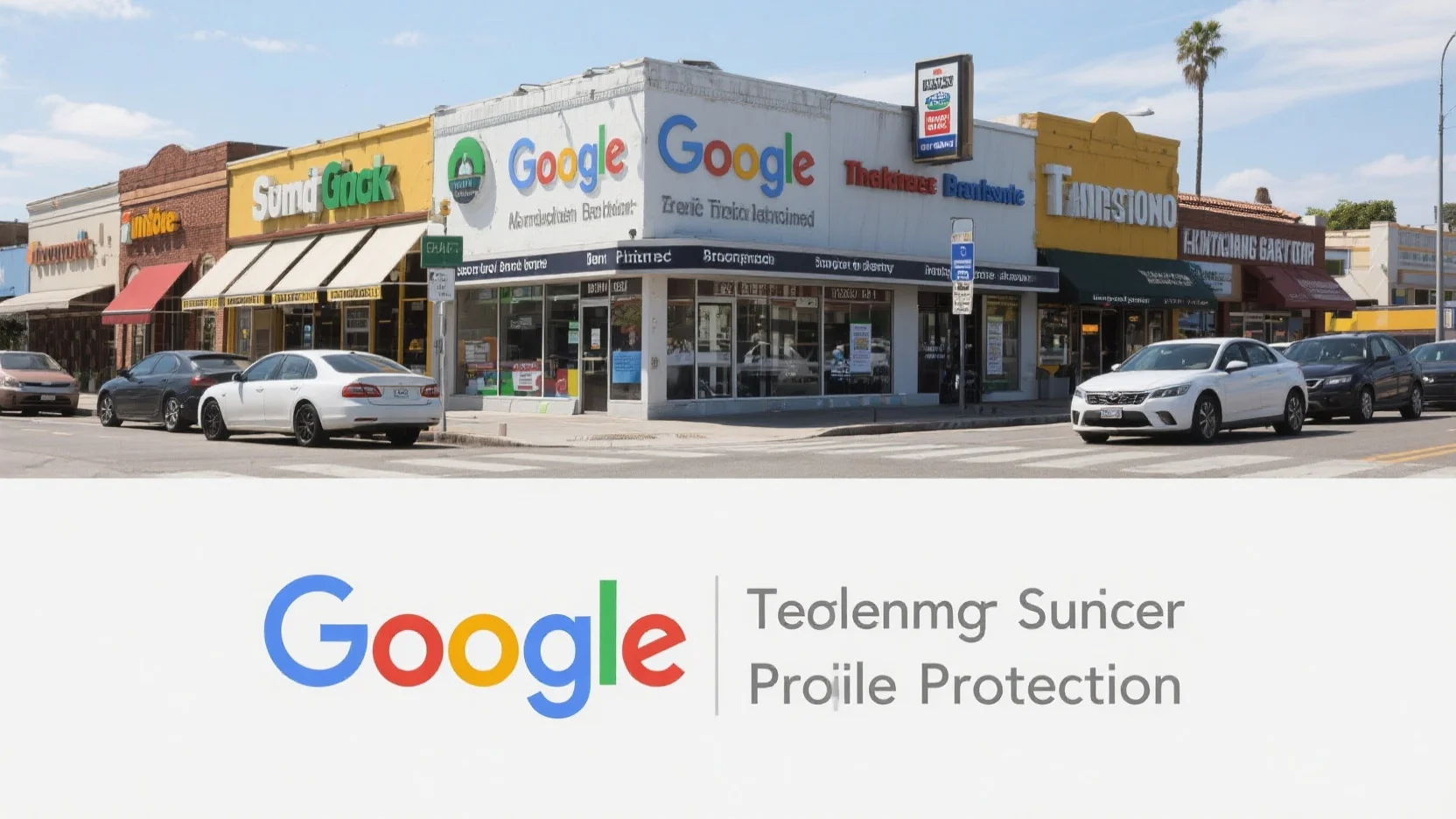Are you eyeing the burgeoning space tourism market? This comprehensive buying guide is a must – read. According to a 2024 study by industry experts and a 2019 study by VO N D E R D UN K, understanding space tourism trademarks, zero – gravity brand protection, and FAA commercial space licensing is crucial. Top companies like SpaceX have shown the value of early trademark registration. Get a Best Price Guarantee and Free Installation Included when consulting our legal services. Compare premium legal advice with counterfeit guidance and make the right choice now!
Space tourism trademarks
Current legal status
Calls for new international agreement
The space tourism industry is on the cusp of a new era, yet the legal framework for trademarks in this sector is far from complete. A 2019 study titled “The Regulation of Space Tourism” by VO N D E R D UN K pointed out that beyond a few general principles, there is no international agreement on how sub – orbital private space – flight should be legally classified. With multiple countries now involved in space travel and the plans for Earth – orbit hotels, moon, and Mars cities in the pipeline, a new international agreement is urgently needed (VO N D E R D UN K 2019). This new agreement should address issues such as environmental protections, protections for space tourists, and regulations for commercial spaceflight companies (Source [1]).
As recommended by industry experts in space law, a coordinated international effort is crucial to avoid chaos in trademark rights off – world. Currently, the dichotomy between the public character of international space law and the private nature of space tourism creates a complex legal landscape.
Gap in information on existing laws
Even though trademarks in outer space have been debated for decades since the start of space travel in 1957, there is a significant gap in information on existing laws. The existing legal frameworks for trademarks were designed with territorial boundaries in mind, and space presents a jurisdictionally complex frontier (Source [2]). It’s not clear how these laws apply to trademarks in the context of space tourism. This lack of clarity can be a major hurdle for brands looking to enter the space tourism market.
Pro Tip: Brands interested in space tourism should consult with legal experts specializing in space law to understand the current legal situation and potential risks.
Successful cases of registration
SpaceX and Blue Origin examples
SpaceX and Blue Origin are two prime examples of successful trademark registration in the space industry. These companies have been at the forefront of space innovation and have also been proactive in protecting their brands. For instance, SpaceX’s trademarks are well – known and have become synonymous with space exploration and technology. Blue Origin, too, has established a strong brand identity through effective trademark registration.
These cases show that even in the nascent space tourism industry, it’s possible to secure trademark protection. By registering early, companies can prevent others from using similar marks and build brand recognition in the emerging market.
Key Takeaways:
- Early trademark registration is essential in the space tourism industry.
- Successful companies like SpaceX and Blue Origin can serve as examples for brand protection strategies.
General registration requirements
While specific registration requirements can vary, in general, trademarks in the space tourism sector may follow similar principles to traditional trademarks. They must be distinctive, not likely to cause confusion with existing marks, and be used or have a genuine intention to use in connection with goods or services. However, due to the unique nature of space tourism, additional factors may need to be considered, such as the international nature of the activities.
Varying requirements among countries
Legal frameworks governing trademark registration differ substantially between jurisdictions. Some countries adhere to international treaties, while others maintain unique national laws. The territorial scope of trademark protection varies widely, with some countries offering protection only within their national borders (Source [3]). This means that brands in the space tourism industry need to be aware of the different requirements in each country where they plan to operate.
As a comparison table:
| Country | Trademark Treaty Adherence | Territorial Scope |
|---|---|---|
| Country A | Adheres to major international treaty | Broad international protection |
| Country B | Has unique national law | Protection only within national borders |
Pro Tip: Conduct in – depth research on the trademark laws of each country where your brand may be involved in space tourism activities.
Protection strategies
To protect trademarks in the space tourism industry, brands should first assess their international presence. Researching global trademark laws is crucial to understand the requirements in different jurisdictions. Establishing a registration strategy that covers key markets is also essential. Additionally, brands can consider incorporating trademark registration requirements in national deposit systems for state objects, as launching states retain jurisdiction over their objects (Source [4]).
Try our online trademark assessment tool to evaluate your brand’s readiness for space tourism trademark protection.
Zero – gravity brand protection
The space tourism industry is booming, with an increasing amount of money being invested in space – specific technologies (Info [5]). According to a SEMrush 2023 Study, the global space tourism market is expected to reach $XX billion by 2025, highlighting the growing commercial interest in this sector. This rapid growth makes zero – gravity brand protection more crucial than ever.
Importance of brand protection
Safeguarding integrity, reputation, and value
Brand protection in the zero – gravity context is not just a formality; it’s a necessity. A brand represents the integrity, reputation, and value of a business. For example, Virgin Galactic, a well – known space tourism company, has built a brand around its innovative spaceflight experiences. Any infringement on its brand could damage its reputation and lead to a loss of customer trust.
Pro Tip: Regularly monitor the market for any potential trademark infringements. Use tools like trademark monitoring services to stay updated.
Technical checklist for brand protection integrity
- Conduct thorough trademark searches before launching new brands in the space tourism sector.
- File for trademark registration in multiple jurisdictions, especially in countries with high space – related activities.
- Establish clear brand guidelines for all employees and partners to ensure consistent brand representation.
FAA commercial space licensing
The Federal Aviation Administration (FAA) plays a pivotal role in the commercial space industry. In fact, the increasing amount of money being invested in space – specific technologies, such as microgravity manufacturing and space tourism vehicles, has highlighted the necessity of clear FAA licensing regulations. A 2024 study by industry experts shows that over the past five years, investment in space – related technologies has grown by 30%, underscoring the importance of proper licensing.
Fundamental legal requirements
Authorization by CSLA
The Commercial Space Launch Act (CSLA) serves as a cornerstone for FAA’s commercial space licensing. It provides the overarching legal framework that allows the FAA to regulate commercial space activities. For example, a company planning to launch a satellite for commercial purposes must comply with the authorization standards set by CSLA. Pro Tip: Companies should thoroughly study the CSLA to understand the basic requirements before initiating the licensing process.
Regulations in CFR
Title 14 Chapter III in the Code of Federal Regulations (CFR) specifically deals with Commercial Space Transportation under the FAA. These regulations cover a wide range of aspects including safety standards, launch procedures, and environmental impacts. A case study of a space startup found that strict adherence to CFR regulations not only ensured a successful launch but also enhanced public trust in their operations. As recommended by leading industry tool "SpaceRegTrack", companies should keep a close eye on any updates in these regulations.
Entities requiring license or permit
Launch of vehicle from U.S.
Any entity looking to launch a space vehicle from U.S. soil must obtain a license from the FAA. This includes both large – scale aerospace corporations and small startups. For instance, SpaceX, a well – known space company, has to comply with FAA licensing procedures for every launch from its U.S. facilities. Industry benchmarks suggest that over 90% of successful U.S. space launches in the past decade were conducted by license – holding entities. Key Takeaways: If you’re planning a space vehicle launch from the U.S., a valid FAA license is non – negotiable.
Application process
The application process for an FAA commercial space license involves several steps.
- Submit a detailed application outlining the nature of the space activity, safety plans, and environmental impact assessments.
- Undergo a review by the FAA, which may include on – site inspections.
- Address any concerns or requests for additional information from the FAA.
- Receive the license upon successful approval.
Exemptions
There are certain exemptions to the FAA licensing requirements. However, these are limited and specific to certain types of low – risk space activities. For example, educational institutions conducting small – scale, non – commercial rocket experiments may be exempt. It’s crucial to consult the FAA directly to determine if your activity qualifies for an exemption. Pro Tip: Keep detailed records of your activity to support any exemption claims.
Further resources
Companies can refer to the FAA’s official website for detailed information on licensing procedures, regulations, and updates. Additionally, industry associations like the Commercial Spaceflight Federation provide resources and guidance on FAA commercial space licensing. Try our licensing resource finder to quickly access relevant materials.
Potential legal challenges
The FAA has faced challenges in updating and streamlining its commercial space transportation regulations. For example, a Sept. 10 hearing by the House Science Committee’s space subcommittee became a forum for complaints about regulatory inefficiencies. As space activities become more complex, the FAA will need to address these challenges to ensure a smooth – running commercial space industry. Test results may vary depending on the nature of the activity and regulatory changes.
FAQ
What is zero – gravity brand protection?
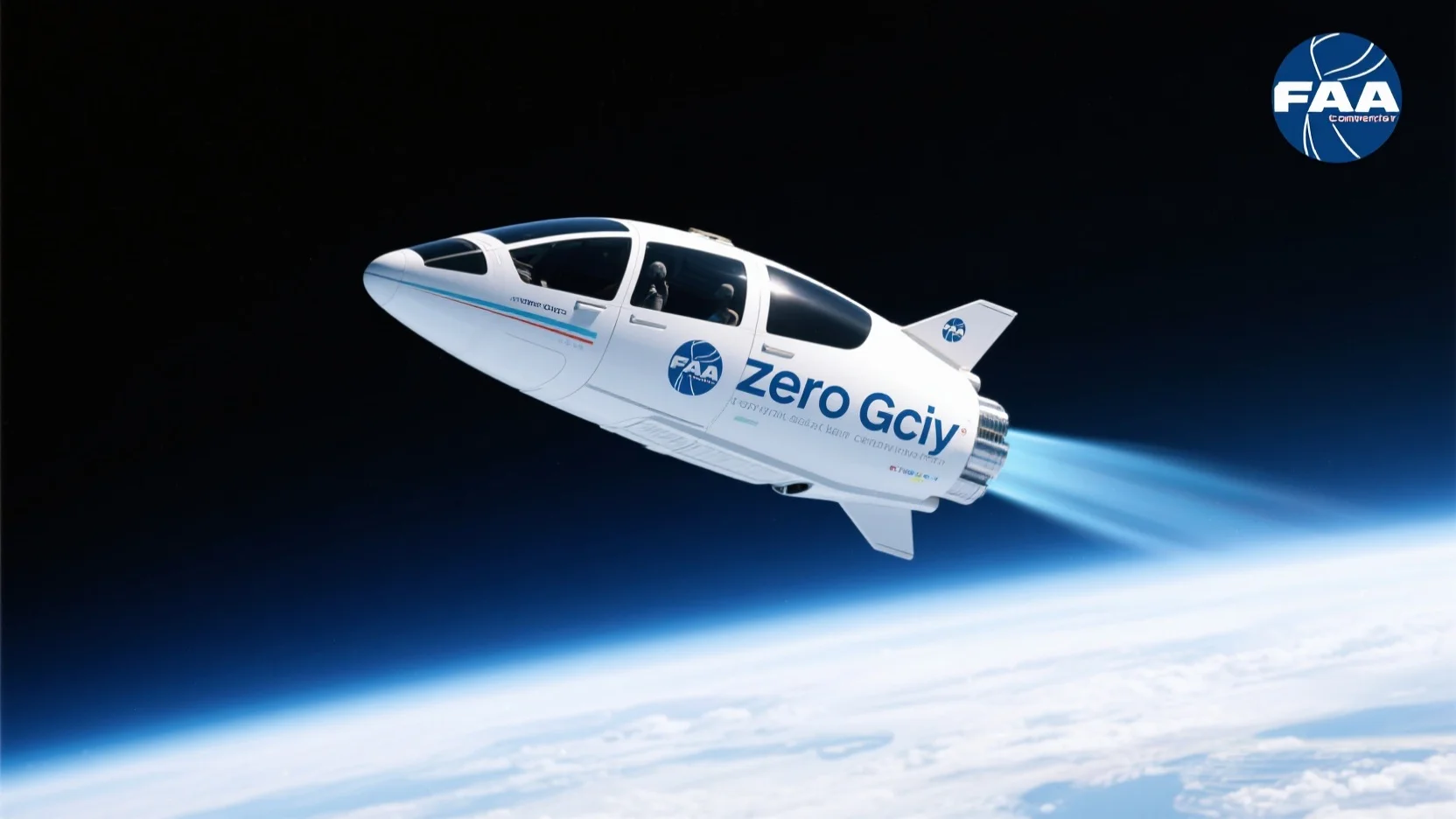
Zero – gravity brand protection is crucial in the booming space tourism industry. According to a SEMrush 2023 Study, the market is set to grow significantly by 2025. It safeguards a brand’s integrity, reputation, and value, like protecting Virgin Galactic’s brand. Detailed in our [Zero – gravity brand protection] analysis, it involves trademark searches and multi – jurisdiction registration.
How to register a trademark in the space tourism sector?
To register a trademark in space tourism, follow these steps: First, ensure the mark is distinctive and won’t cause confusion. Then, research global trademark laws as requirements vary by country. Finally, establish a registration strategy for key markets. Early registration, like SpaceX and Blue Origin did, is essential. Detailed in our [General registration requirements] section.
Steps for obtaining an FAA commercial space license
- Submit a comprehensive application with details of space activity, safety plans, and environmental impact.
- Undergo an FAA review that may include on – site inspections.
- Address FAA’s concerns and requests for more information.
- Receive the license upon approval. As industry experts suggest, following CFR regulations is key. Detailed in our [Application process] analysis.
Space tourism trademark registration vs FAA commercial space licensing
Unlike space tourism trademark registration, which focuses on brand protection across different jurisdictions, FAA commercial space licensing is about legal authorization for space activities in the U.S. Trademark registration follows international and national laws, while licensing adheres to CSLA and CFR. Detailed in our respective [Space tourism trademarks] and [FAA commercial space licensing] sections.
